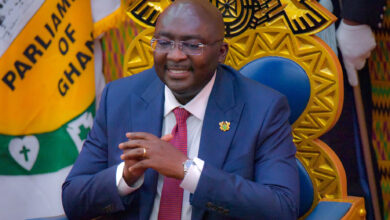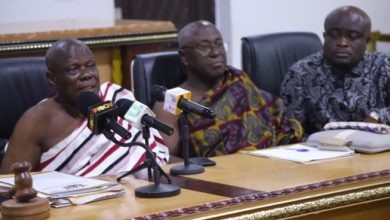Let’s patronise made-in-Ghana products and services, says GTA boss

The chief executive officer of the Ghana Tourism Authority (GTA), Akwasi Agyeman, has urged Ghanaians to patronise made-in-Ghana goods and services to create jobs and generate revenue for the state.
He said Ghanaians have a role to play in ensuring that our culture and heritage are preserved, protected and promoted at all times.
Atta Kakra Kusi, the deputy head of corporate affairs at the GTA spoke on behalf of Agyeman at the culture and heritage day celebration dubbed: “Our culture, our pride,” at the British International School (BIS). He said Ghana’s culture is embedded in its clothes, food, music, dance and festivals, among others.
He urged the media to use its platform to promote the country’s cultural values, heritage and aspirations.
Agyeman said Ghana’s cultural policy is currently under review. This is aimed at developing programmes to contribute to human development using traditional and modern arts and craft to create wealth and alleviate poverty.

He urged the management of schools to make good use of libraries and archives to encourage students to promote Ghana’s culture and heritage. He added that education is important for this endeavour.
Michael Mensah, the principal of BIS, advised parents to interact with and train their children using their mother tongue. He said our local dialects are the cultural values of our various homes, families and communities.
“Our culture depicts our identity. As an educational institution, we give knowledge but also promote our cultural values and heritage,” he said.

Sharon Dede Padi, the chief executive officer of Padiki Art Gallery, appealed to all parents to impart the knowledge of our forefathers to the younger generation.
She said this will help them to know their cultural heritage and identity, adding that it will be the best way of accepting and patronising locally-made products.
Asantewaa Osei Bonsu, a student at BIS, said “a nation without culture is like a tree without its roots; if we do not know where we hail from, how can we find our way back to our motherland.”
She urged her colleagues to learn and know about Ghana’s culture particularly the local languages.





